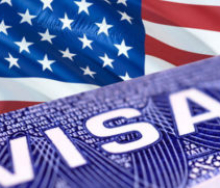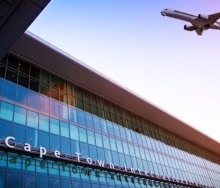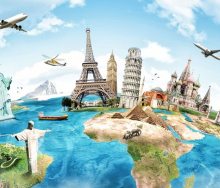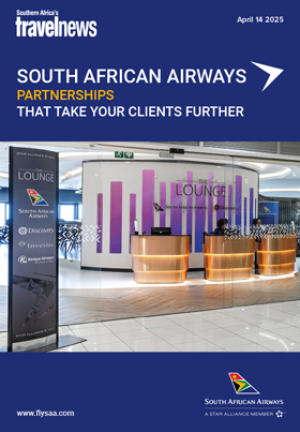Correction: On December 3, 2 400km in paragraph three was changed to 240 000km.
South Africans are eager to explore Europe’s lesser-known railway destinations, however these bookings can be particularly complex and prone to disruptions.
Penny McAslin, a Rail Specialist at World Travel, reports an increase in enquiries for train travel to unusual European destinations that can be tricky to reach by air.
“With over 240 000km of tracks, trains reach every corner of Europe,” says McAslin.
She explains that train travel is also becoming a preferred method of transport for several other reasons, including:
- Direct access to city centres: Unlike airports, train stations tend to be in the heart of cities, so travellers can begin exploring immediately on arrival. Trains also offer flexibility, with multiple daily departures on many routes.
- Comfort: Trains offer spacious seating, generous leg-room, designated luggage storage and compartments for hand luggage.
- Sustainability: Trains have a light carbon footprint. High-speed trains, in particular, are up to three times more energy-efficient than regional trains.
- Cost-effective: There is a product at every price point – from basic to luxury. Rail passes and train tickets fit the needs and budgets of all different kinds of travellers: adults, seniors, youth, children, groups, and families.
- Transit becomes an experience: Travellers can enjoy watching landscapes pass by and stretch their legs as they explore the carriages.
Despite its appeal, train travel is not without its challenges. As demand grows, disruption due to delays and strikes as well as complicated refund processes is causing frustrations, reports bbc.com.
McAslin advises planning far in advance of travel to secure the best possible fares and overall train travel experience.
“For example, the Eurostar, which runs between London and Paris, can be booked six months in advance. For March or April next year, there are still really cheap fares available. But if you book it the day or week before, it's either sold out, or you will pay the full fare.”
In Europe, travel agents and tour operators are lobbying for rail providers to allow for bookings more than six months in advance, giving them time to ensure availability and finalise itineraries ahead of time. Currently, this prevents them from being able to offer packages that would make the most sense, logistically and financially, reports bbc.com.
Another important consideration is the conditions that come with different fares. While most trains have first- and second-class options, the fares within the classes range from affordable, non-refundable fares, to more expensive flexible fares.
“Generally, the cheap tickets are non-refundable and non-exchangeable. So, if the customer buys such a ticket and discovers their train has been cancelled due to a strike, flooding or something like that, then there is no refund, unfortunately. So, they have to be made aware of that,” says McAslin.
She adds that train delays and strikes and cancellations are posing a challenge to train travel itineraries and says while some refunds are simple, other claims are far more complicated.
“The complexity of a refund would depend on what transpired. Normally refunds are processed as soon as they are received – provided the fare purchased is refundable and the situation is simple. However, in some cases, a full investigation needs to be done by the relevant rail carrier to determine if a refund will be granted.”
















